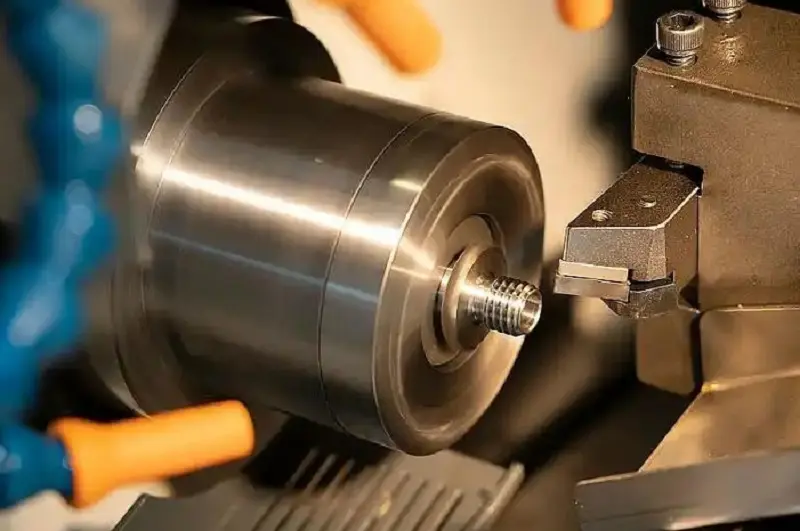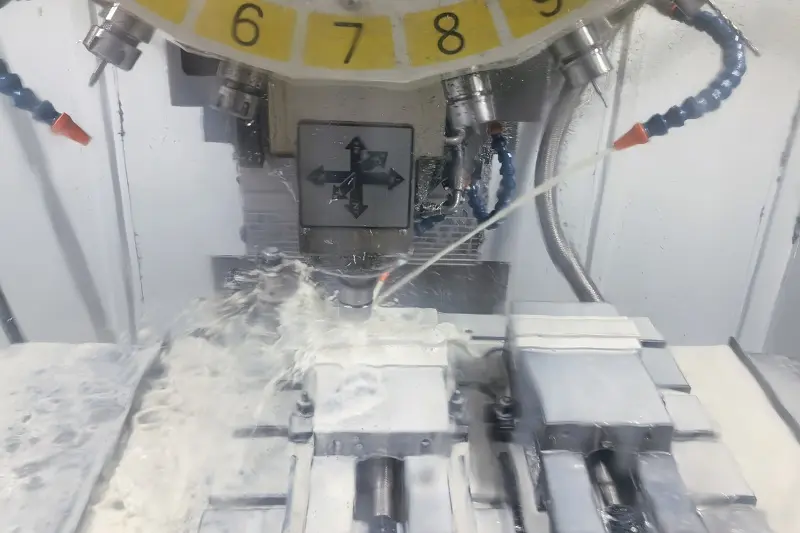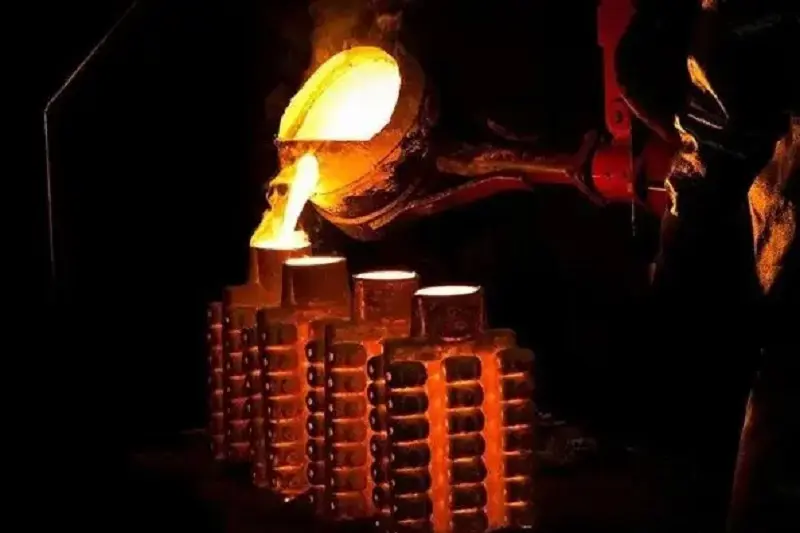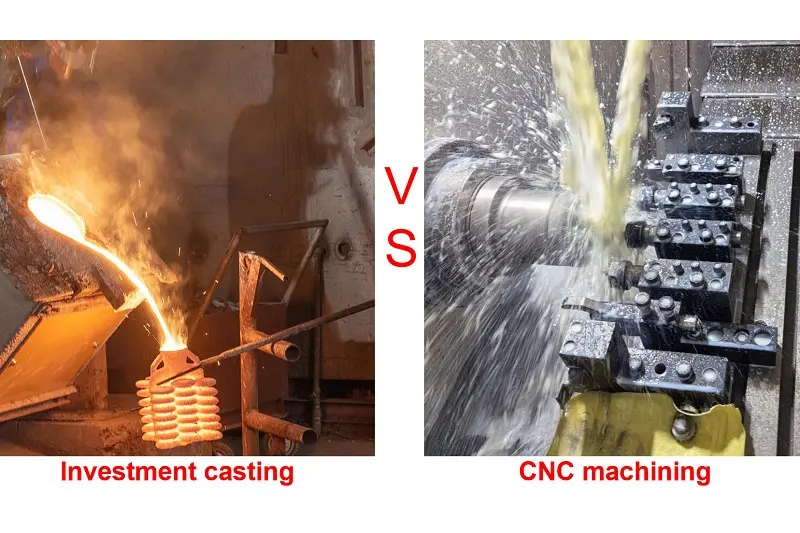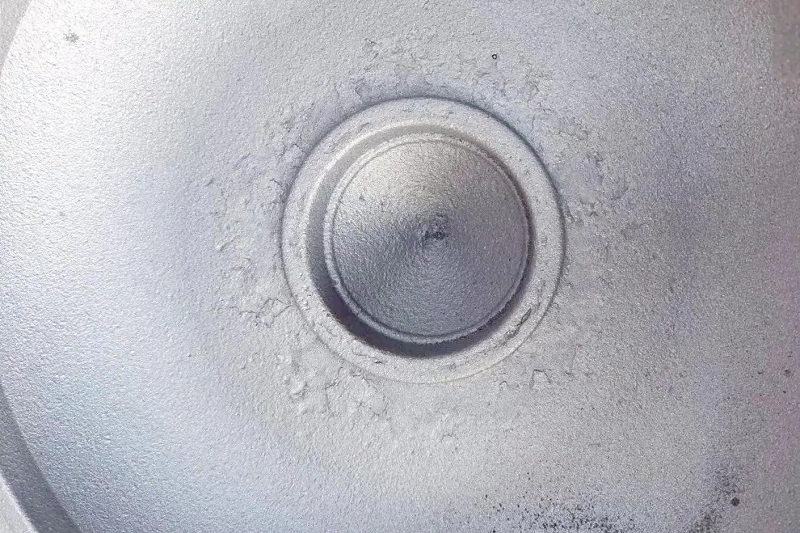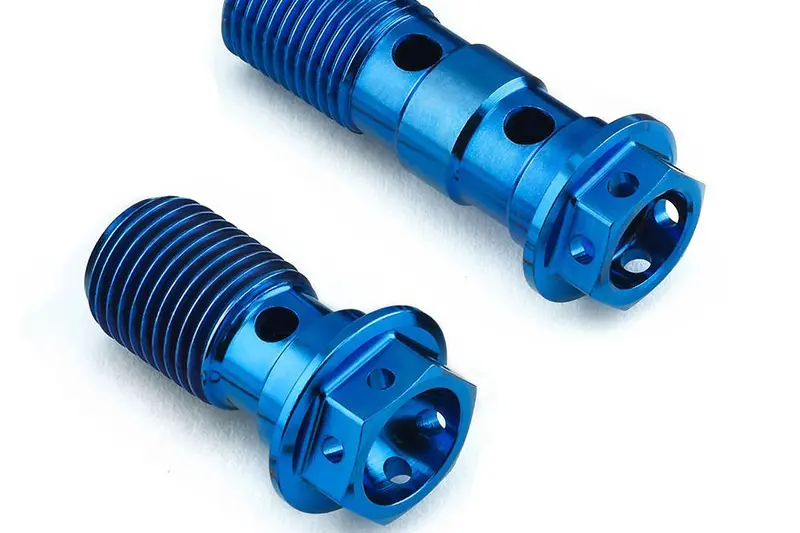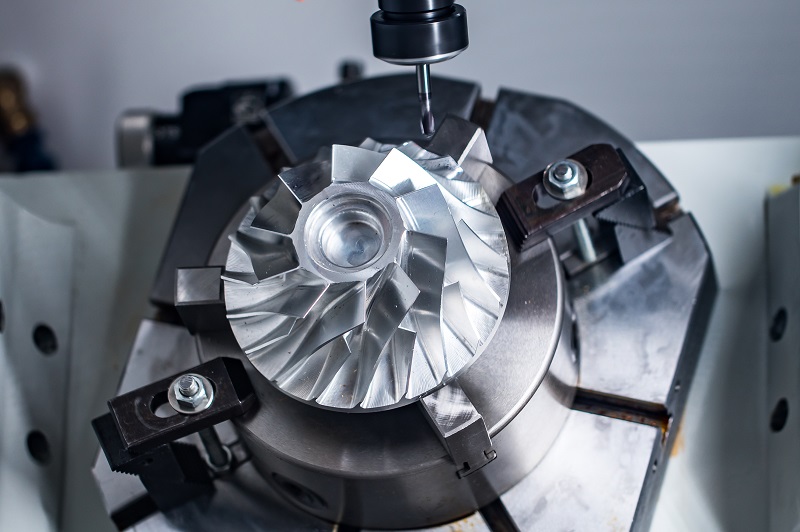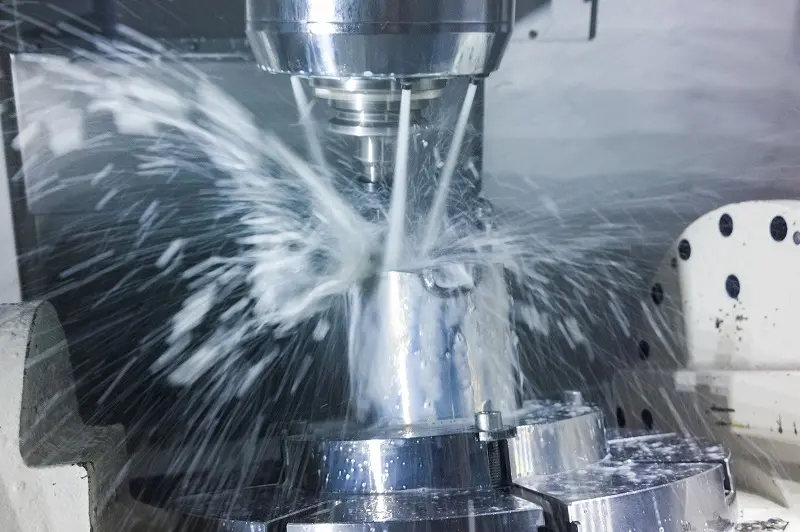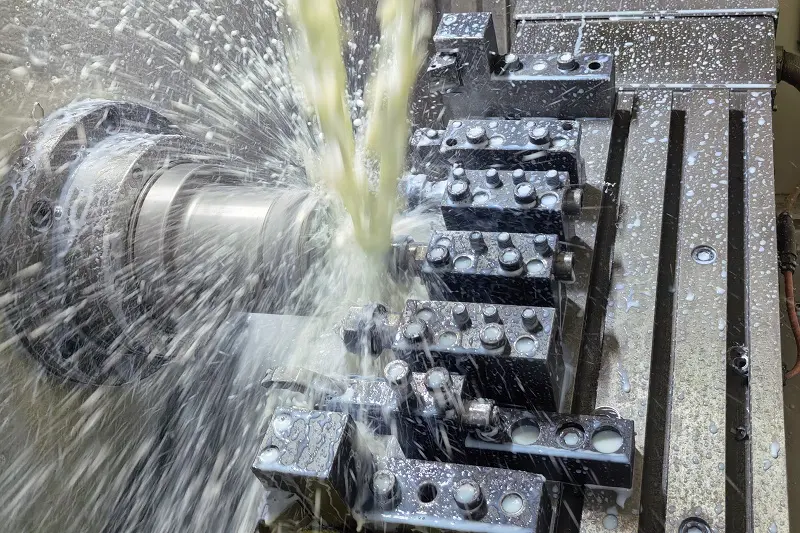 +86 180 0293 5268
+86 180 0293 5268
What are the characteristics of one-stop customized precision CNC machining services?
Non-standard CNC precision machining custom, as
the name implies, goes beyond traditional single-part manufacturing by
providing comprehensive CNC machining services tailored
to clients' specific requirements - from material selection (sometimes starting
with design) through production processes to final product delivery. This
service model breaks through the limitations of conventional manufacturing,
placing greater emphasis on client communication and collaboration to meet
personalized and diversified needs. Amidst the dual waves of industrialization
and digitalization, the manufacturing sector is undergoing unprecedented
transformation. Traditional CNC parts production is
gradually being replaced by more efficient and flexible methods, with custom precision CNC machining gaining widespread adoption due to
its unique advantages. Below we explore the distinctive characteristics of
custom precision CNC machining services:
-
1. Personalized Customization
While traditional precision part machining typically only fulfills standardized component requirements, custom precision CNC machining offers tailored solutions that address clients' comprehensive needs. This approach enables complete personalization across all aspects - from product aesthetics and functional specifications to material selection and manufacturing processes - with every element meticulously customized to the client's exact technical requirements, thereby achieving truly individualized product solutions.
2. Quality Assurance
Custom precision CNC machining tailors each component to the client's exact specifications, requiring unique quality standards for every project. From material selection and process development to final inspection, we implement rigorous quality control at every stage. This comprehensive quality management system ensures consistent precision and reliability, building lasting client trust through demonstrable excellence in manufactured components.
3. Efficiency & Convenience
Custom precision part machining requires advanced production technologies and equipment to achieve rapid response and high-efficiency manufacturing. By simply presenting their requirements, clients receive complete turnkey solutions in significantly reduced timeframes, dramatically shortening both product development cycles and delivery schedules. When design modifications are needed, we efficiently implement changes through CNC program and machine parameter adjustments, further accelerating time-to-market while maintaining uncompromised precision standards.
4. Cost Efficiency
Custom precision part machining achieves cost optimization through streamlined production processes and waste reduction, while advanced manufacturing technologies and flexible solutions enhance productivity for further cost efficiencies. However, the customized nature of each project demands highly skilled operators to ensure all client specifications are met with precision.
5. Future Trends
Driven by continuous advancements in manufacturing technology, custom precision part machining is evolving toward intelligent, sustainable, and digitalized solutions to meet future industrial demands.
Custom precision part manufacturing represents a
vital and promising sector in manufacturing, yet it presents unique
complexities as each product requires starting from scratch. Success demands
in-depth material knowledge, where our skilled technicians meticulously select
appropriate machine tools, cutting implements, and coolants, while optimizing
equipment parameters for each material's characteristics. To deliver qualified
components that meet exacting client specifications, the industry requires three
fundamental pillars: advanced machinery, experienced operators/quality
inspectors, and seamless interdepartmental collaboration. As technological
challenges and market demands evolve, custom machining enterprises must
continuously innovate - enhancing both technical capabilities and service
standards - while simultaneously addressing environmental sustainability to
propel the industry toward greener, more eco-conscious manufacturing practices.









